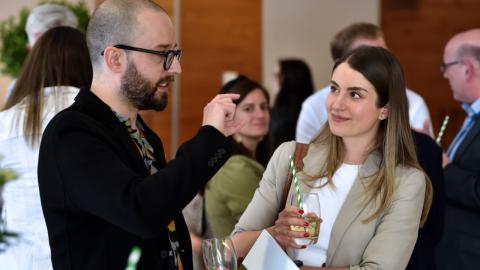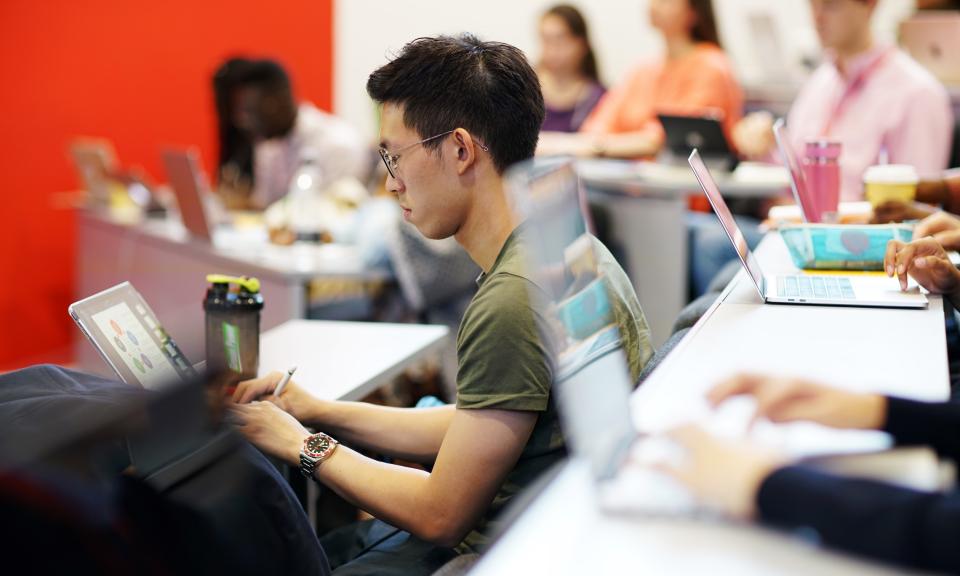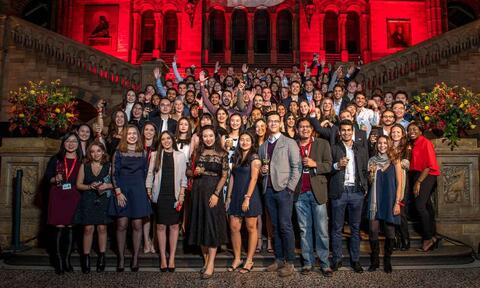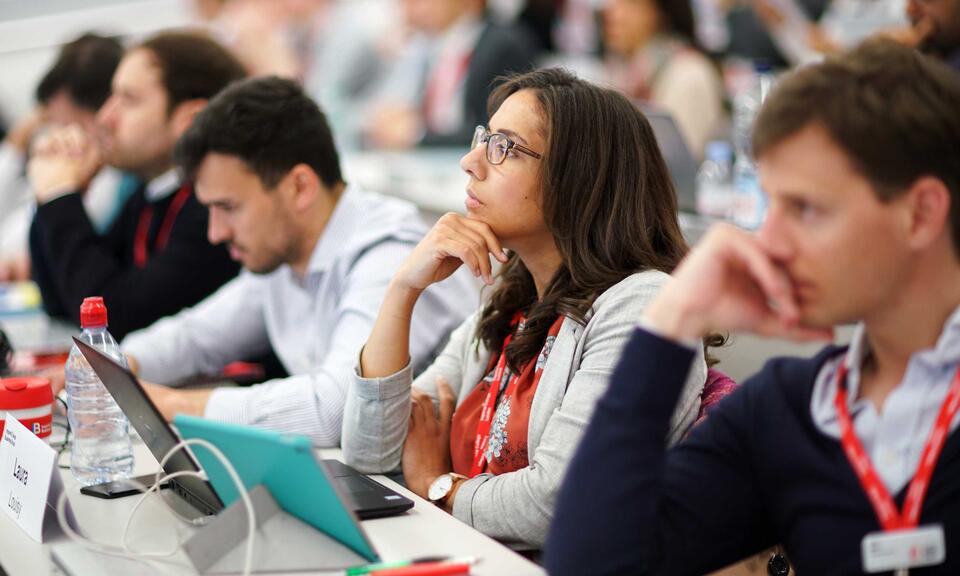What to look for when choosing a part-time Master’s programme
I am currently studying MSc Business Analytics (online delivery, part-time) at Imperial Business School. This blog talks about the factors to consider when choosing a part-time Master’s and my experience while studying at Imperial.
Most students who pursue a part-time Master’s do it for different reasons than full-time students. From my experience, most part-time students study for a Master’s after working for some time and have family and work commitments while studying. Most people studying part-time also work full-time in similar fields to what they are studying. So if you are looking for a part-time programme, the factors that influence what programme you choose would vary, but not be entirely different.
Some common factors are as follows:
A well-connected, intelligent cohort
The importance of networking cannot be overstated. The most significant advantage of studying part-time is that the students studying with you have significant experience and are potentially working in important positions in your field of interest. The diversity of knowledge that these peers provide in class discussions, group projects and regular conversations is beneficial and unparalleled.
At Imperial, these benefits are augmented with the focus on group assignments, and on-campus connects.
Flexibility
Students studying part-time programmes often have to juggle studying, a full-time job and family obligations. Additionally, in online programmes, the time zone differences can cause problems during live classes and interactions with peers.
In my modules, every live class is taken twice at different times on the same day with the same content to accommodate students from different time-zones. Sufficient time is provided for coursework, assignments and submissions. For example, every week there is a half hour test which can be started anytime during the weekend.
A programme rooted in reality
Part-time students are experts in their field. One of the main reasons a student might pursue a part-time Master’s is to understand how concepts are applied across different domains and industries.
For example, in data science, the same regression and classification principles are used across various fields from finance to supply chains for solving different types of problems. There is an emphasis on real-world case studies, and industry exposure on the MSc Business Analytics programme.
Relevant and useful programme content
Most part-time students pursue higher education to gain a better understanding of the basics of their profession, looking for a more fundamental understanding of the concepts. Students also look out for broadly useful topics that they are unfamiliar with.
For example, my programme core modules starts with the basics in technology (Data Structures) and maths (Maths and Statistics Foundations for Analytics) and builds on these foundations. I have worked on machine learning, but I have never worked on deep learning or unsupervised learning which I am studying in the Machine Learning module. Even with machine learning, I know the practical aspects and implementation, and I am learning the nuts and bolts in this programme.



















